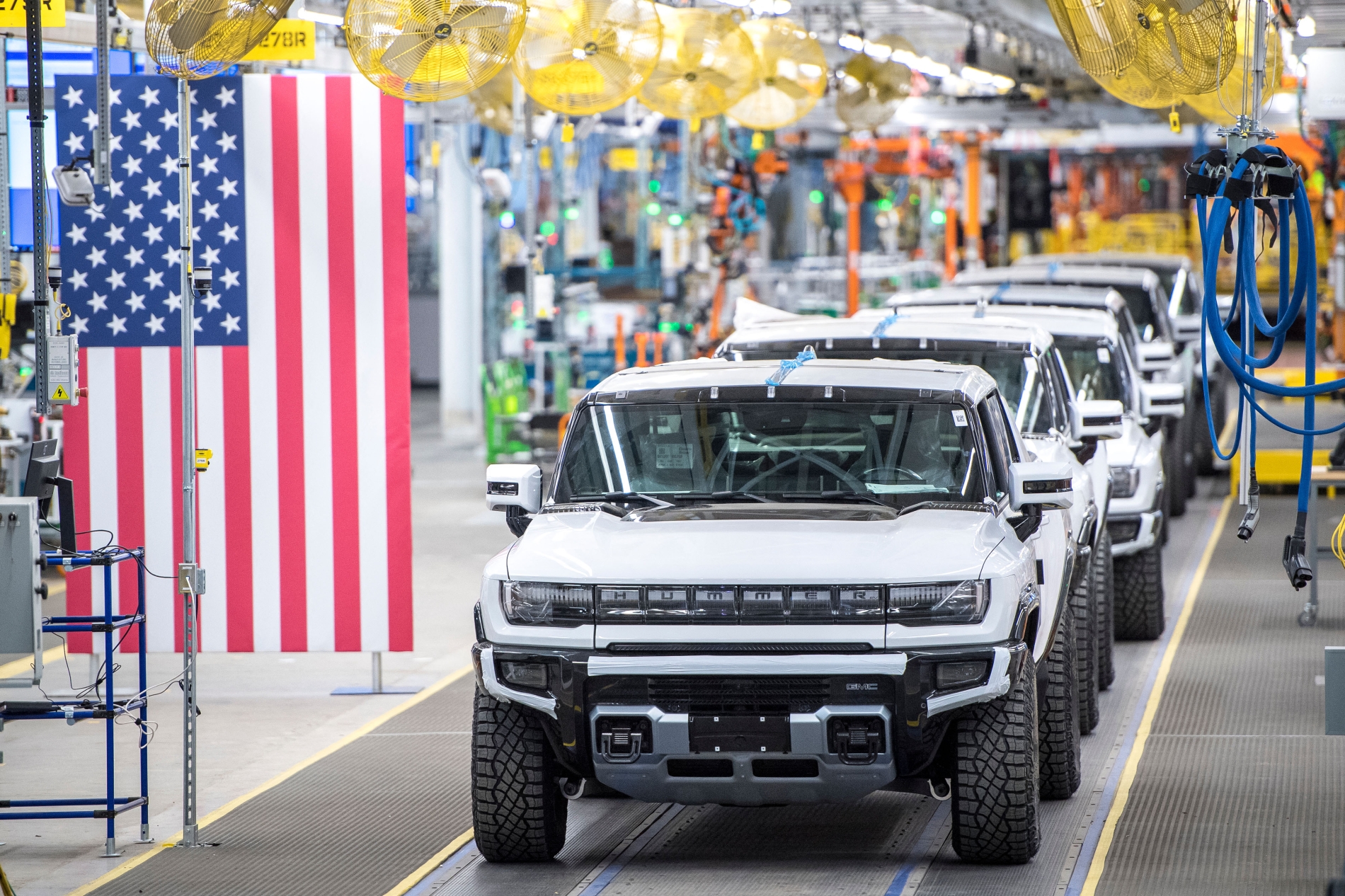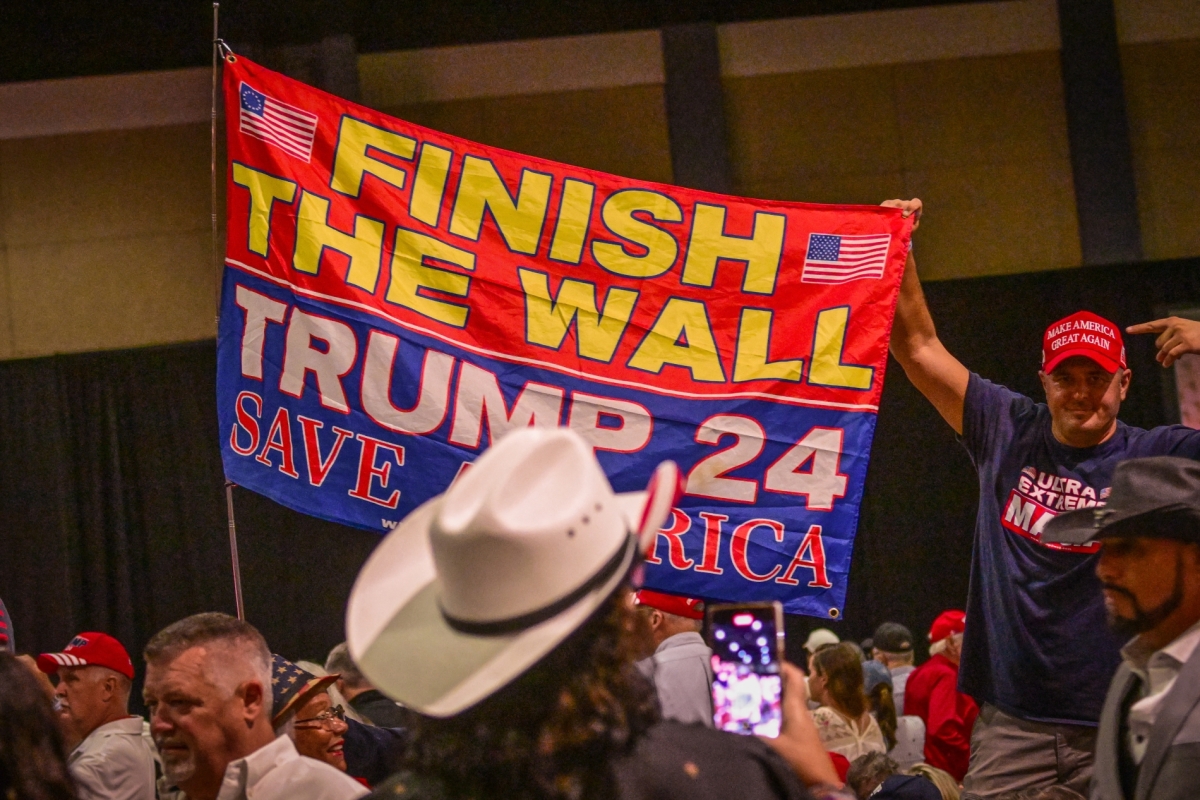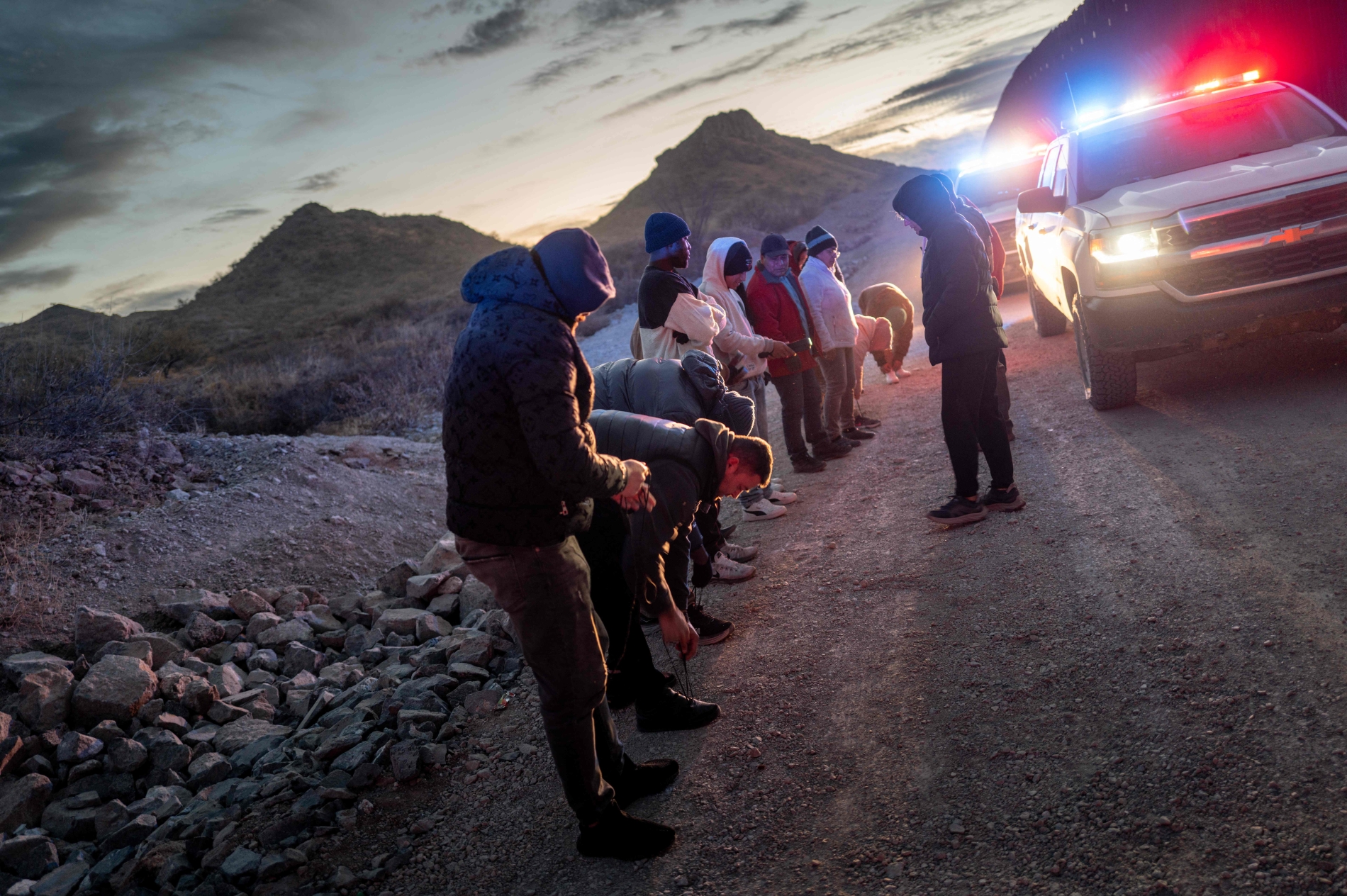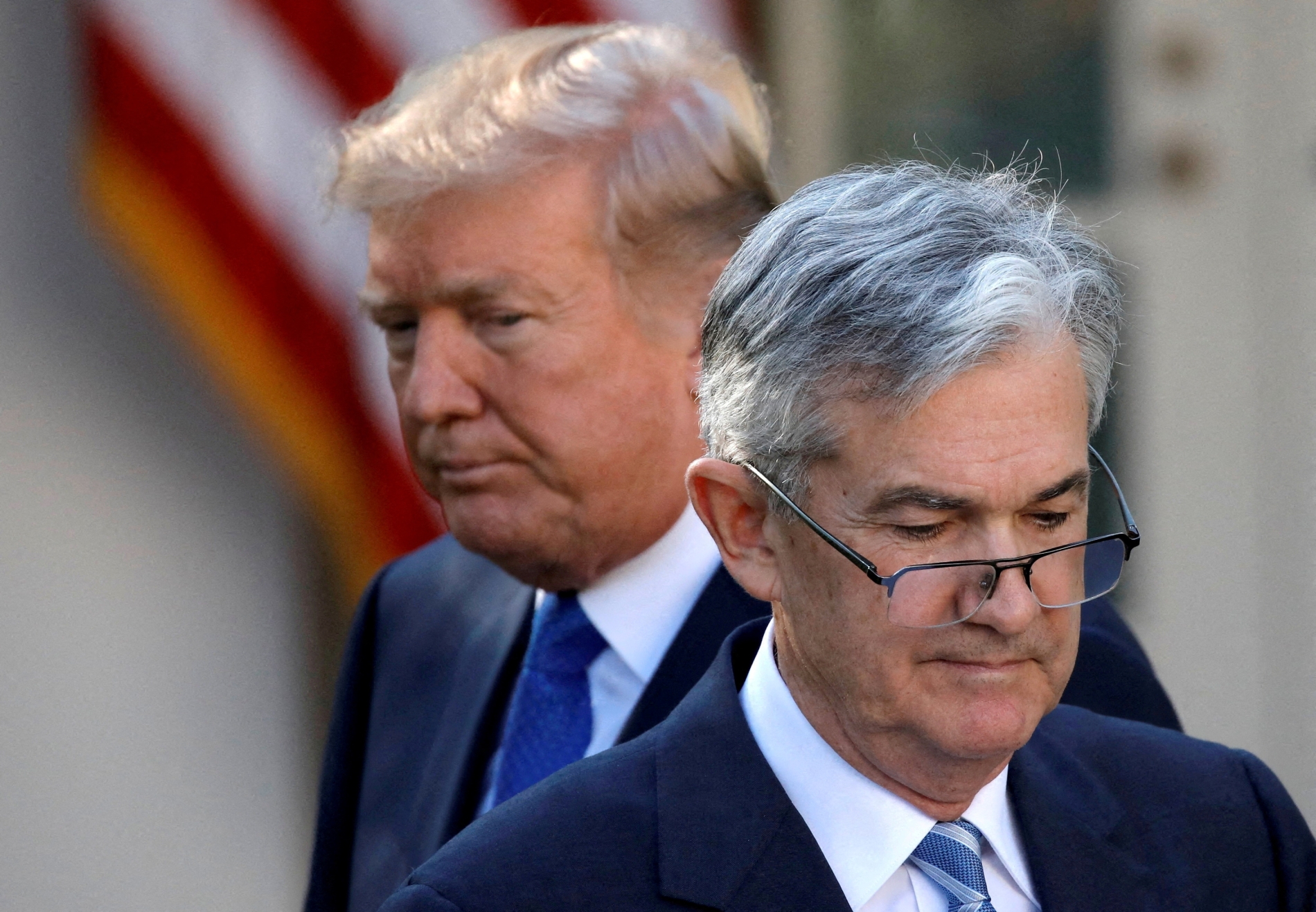On 4 July, US President Donald Trump marked the 249th anniversary of his country’s independence from the British Crown by celebrating the signing what he called the One Big Beautiful Bill Act, or OBBBA, as it has become known. Proclaiming the dawn of a “golden age” for the United States, Trump said OBBBA represented “the biggest tax cut, the biggest spending cut, the largest border security investment in American history”.
Crediting Republican lawmakers, Trump said he had “never seen people so happy in our country, because so many different groups of people are being taken care of,” while House Speaker Mike Johnson (a Trump appointee) praised the “nation-shaping legislation that reduces spending, permanently lowers taxes for families and job creators, secures the border, unleashes American energy dominance, restores peace through strength, and makes government work more efficiently and effectively”.
Beyond the politicians’ trumpets, superlatives, and fanfare, however, what is it that OBBBA does? Al Majalla looks at the various factors involved.
Tax cuts
The primary objective of OBBBA is to extend the tax cuts for companies and most income groups that Trump had pushed through during his first term in 2017. These were set to expire in 2025, but OBBBA expands deductions for all taxpayers. According to the Budget Lab at Yale, the primary beneficiaries are high-income earners.
The Bill also allows for certain local taxes to be deducted from federal tax returns, mostly on a temporary basis until 2028, including property taxes (up to $40,000), income from tips and overtime, and interest on loans used to purchase US-made vehicles.

It also raises personal tax exemptions: by $1,000 for individuals, $2,000 for couples, $2,200 per child (as long as one parent has a Social Security number), and $6,000 for senior citizens earning under $75,000 a year. The estate tax exemption is raised to $15mn for individuals and $30mn for couples. In total, the various tax cuts are estimated to amount to approximately $4.5tn.
Health and welfare
To offset the deficit resulting from these tax cuts, OBBBA introduces reductions and stricter eligibility criteria for the Medical Assistance Programme (Medicaid), the public health insurance programme relied upon by more than 71 million low-income and disabled Americans, and the Supplemental Nutrition Assistance Programme (SNAP), the food assistance programme giving meal vouchers to about 40 million.
The Congressional Budget Office estimates that around 12 million people could lose healthcare coverage, while 4.7 million may be excluded from SNAP between 2025 and 2034 due to these welfare cuts, yet Kevin Hassett, Trump’s chief economic adviser, downplayed the impact, claiming that alternative special funds will ensure healthcare coverage in rural areas and insisting that the Act would combat “massive waste, fraud, and abuse” in Medicaid.
Energy and R&D
OBBBA gradually eliminates tax incentives for renewable energy projects and instead gives tax breaks to coal and oil companies (although firms whose supply chains include links to any “foreign entity of concern,” such as China, are barred from receiving incentives). It also removes tax credits for installing or upgrading solar and other clean energy systems in homes and ends tax breaks for buying electric vehicles three years earlier than the original 2032 expiry.













